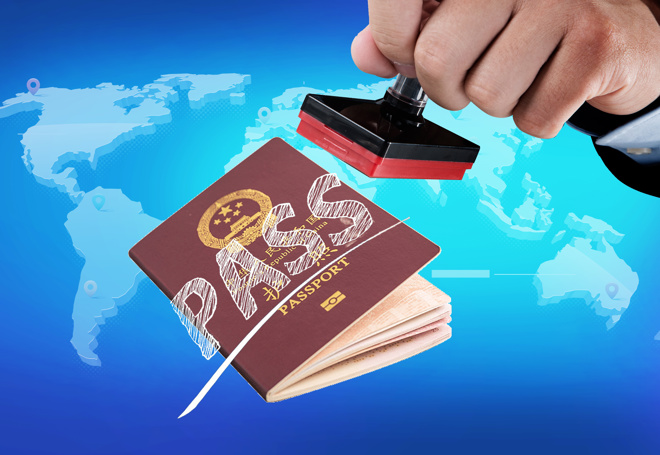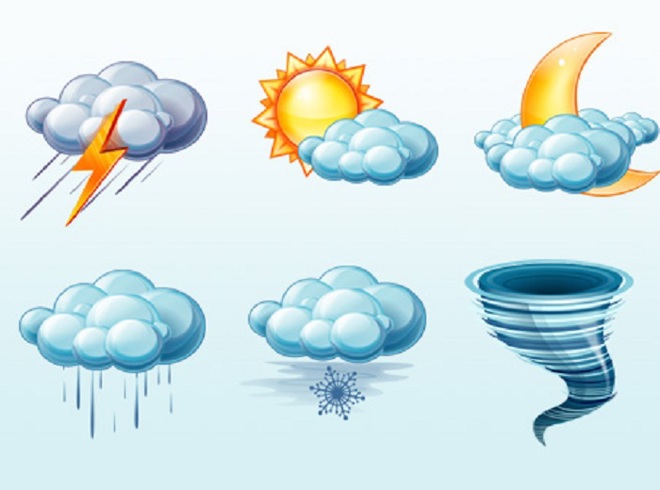New Post

Things not do
29/04/2024

What You Should Do
29/04/2024

Visa
29/04/2024

Climate
29/04/2024

Shopping and Clothing
29/04/2024
13/03/2024
The most significant and widely celebrated public holiday of the year in Vietnam is Tet, the Lunar New Year, which aligns with the lunar cycle. This holiday typically occurs in late January or early February and officially spans three days, although many businesses remain closed for the entire week. Other important public holidays include the Liberation of Saigon (April 30), International Workers' Day (May 1), Ho Chi Minh's birthday (May 19), and Vietnamese National Day (September 2).
There is no livelier and more colorful time in Vietnam than the days leading up to Tet Nguyen Dan, the most important festival of the year for the Vietnamese Kinh ethnic majority.
Since the first day of the lunar year is believed to set the tone for the next 12 months, everyone strives to plan the perfect Tet.
In Hanoi, the bustling narrow lanes of the Old Quarter buzz with activity. Everyone is busy getting haircuts, buying new clothes, sprucing up their homes, visiting friends, settling debts, and stocking up on traditional Tet delicacies. Businesses hang festive red banners reading "Chuc mung nam moi" (Happy New Year), and city streets are adorned with colorful lanterns. Stalls spring up all over the city selling nothing but cone-shaped kumquat bushes. Others sell peach blossoms, symbols of life and good fortune that people bring into their homes to celebrate the coming of spring. As vendors pour into the city with peach trees strapped to their bicycles, the streets resemble moving pink forests.
In the South, people bring yellow mai (apricot) branches into their homes and place a coconut, a papaya, a mango, and a custard apple on the family altar. Pronounced in the southern dialect, the names of these fruits form a prayer for success and fulfillment.
It is said that three crucial meetings take place during Tet. The first meeting is among three family deities: Táo Quân (the Kitchen God), responsible for the family's traditional career; Thổ Công (Land God), who oversees the land where the family lives; and Tiên Sư (Family God), responsible for guarding the family. The second meeting occurs between the living and the deceased. People offer food and drinks on their ancestral altars, light incense, and invite their ancestors to join the family's Tet celebrations. The third meeting involves immediate family members. On New Year's Eve, family members gather for a dinner featuring traditional foods like bánh chưng (a square cake made of sticky rice stuffed with beans and pork), canh măng (bamboo shoot soup with pork), and xôi gấc (sticky rice with special red fruit). This is followed by a visit to the local pagoda and perhaps a trip to view the town's fireworks.

29/04/2024

29/04/2024

29/04/2024

29/04/2024

29/04/2024